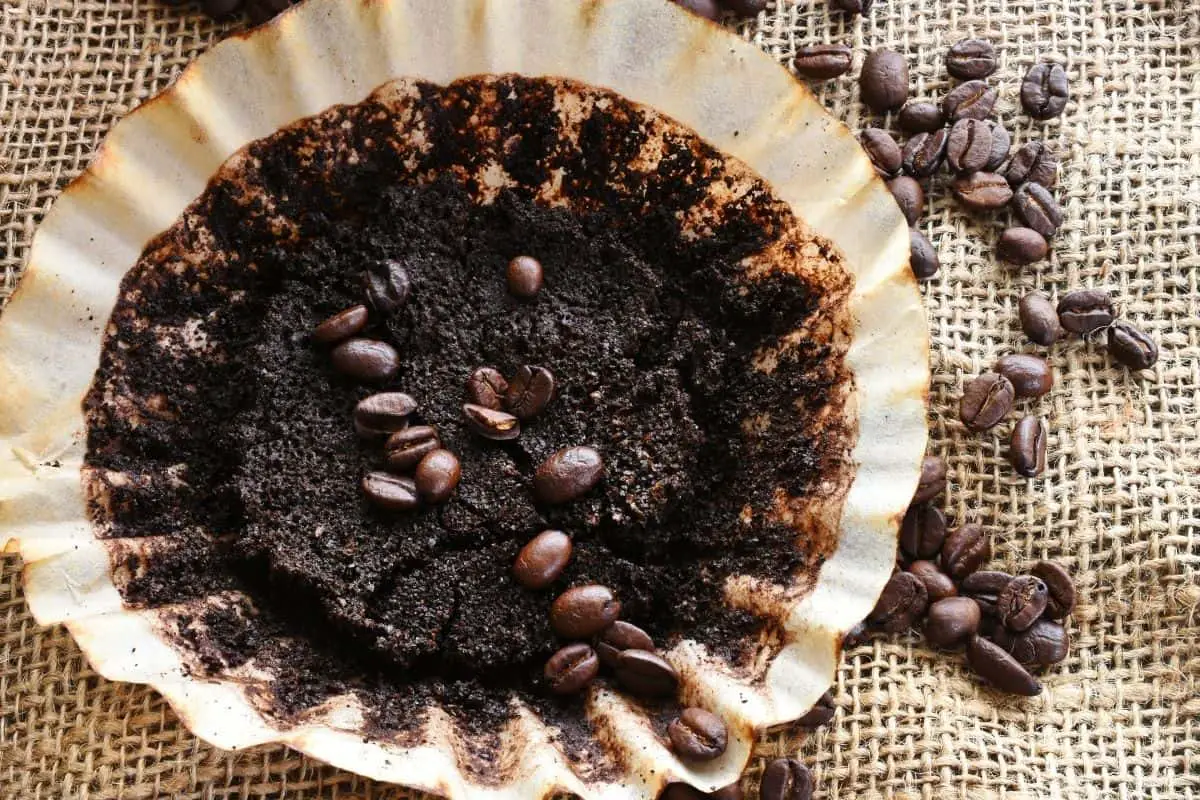Although it’s not necessary to use coffee filters to make a cup of coffee, it’s convenient to use a coffee machine that has a filter. The filter assists in making coffee that doesn’t contain coarse coffee grounds in the cup. If you want to brew the best coffee, it’ll help to know certain things about coffee making, especially how coffee filters work.

The Basics of Coffee Brewing
Making coffee is all about using hot water to absorb and dissolve the flavors in ground coffee beans. The coffee grinder and the water temperature play a huge role in the process of brewing coffee. Finer coffee grounds and hotter water result in quicker extraction of coffee flavors. The result is tastier coffee.
The time taken to brew coffee also matters. For instance, water should be allowed enough time to extract all the desirable flavors from the coffee beans. However, if the water stays in contact with coffee beans for a prolonged time, the coffee flavors get over-extracted, thereby resulting in coffee brews with undesirable flavors and a bitter taste.
For perfect coffee brews, you have to balance the temperature of water, the fineness of the grind, and the brewing time. The balance is necessary regardless of the method you’re using to brew coffee. In case you’re using a drip coffee maker to brew coffee, you’ll need to add a filter.
What Do Coffee Filters Do?
Coffee filters serve certain different roles in coffee making. First, the filter separates the grounds from finished coffee by holding the grounds physically. Second, the filter controls the speed at which water streams through the grounds. Consequently, it determines the amount of flavor extracted from the coffee grounds and the taste of the brewed coffee.
In case you’re making coffee by pouring hot water manually on the filter, try to see whether the current water temperature and the grind are producing the kind of coffee you want. If you’re using an automatic espresso maker, then you’ll be using the preset temperature. An automatic espresso maker also balances the duration of brewing coffee and how even the grounds and water come into contact.
Basket vs. Cone Coffee Filters
Coffee filters are available in two major styles including cone filters and basket filters. Basket filters feature a round shape with scalloped edges and a flat base. Automatic coffee machines typically use basket filters. The brewing compartment works like a regular shower head as it moistens coffee grounds from one side to the next in an even manner. What you’ll do in the coffee brewing process is to spread the coffee grounds evenly on the filter for more even brewing.
Some automatic coffee machines use cone coffee filters. Most manual coffee machines also use cone coffee filters. The main advantage of cone filters is that water streams through the coffee grounds in a swirling manner such that coffee flavor is extracted more evenly.
Paper vs. Metal Coffee Filters
Coffee filters are available in two major types including paper and metal filters. Metal filters comprise a reusable metallic mesh. Although they require more resources to make, they’re not wasteful like paper filters. You’ll only need water to rinse them. Their reusable nature means that they don’t cost the environment a lot of resources like paper cones.
There’re certain key differences between paper and metal filters. The metallic mesh doesn’t filter coffee finely like a paper filter. Thus, your cup of coffee may have sediment after using a metal filter, unless the grind used is coarser. Paper filters extract more particles apart from the finest ones. Thus, with paper filters, you can brew coffee from finely ground beans.
You can use metal and paper filters interchangeably. However, there’s an unending debate on which produces better and tastier coffee between these two types of coffee filters. Lovers of metallic filters argue that they produce fuller and bolder-flavored coffee as they allow natural coffee oils to flow through unhindered. On the other hand, lovers of paper filters argue that metallic filters are not great as they allow oils with off-flavors to flow through them.
Unless you have a strong opinion about the best coffee filter, it’ll help to try both metal and paper filters. That way, you’ll know the one that produces the best tasting coffee according to your taste preferences.